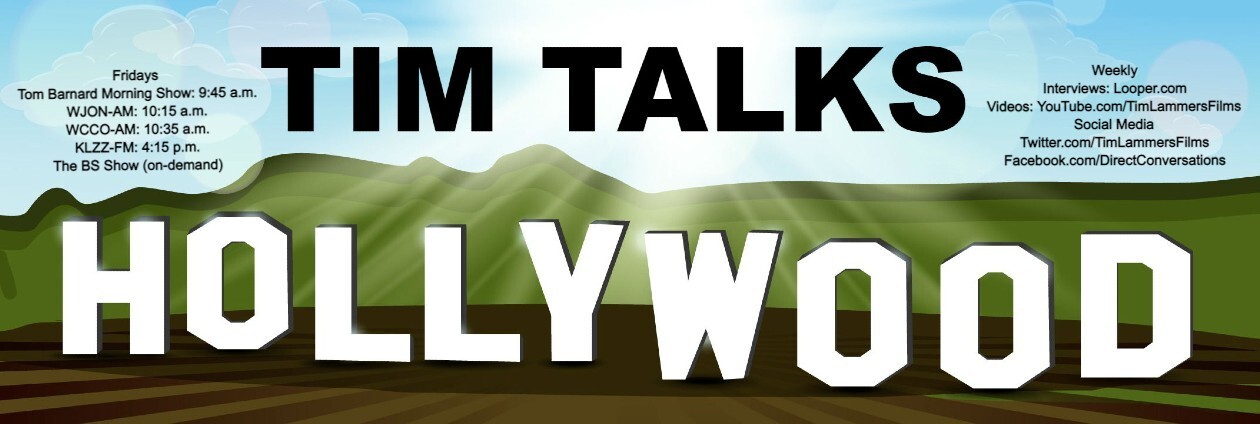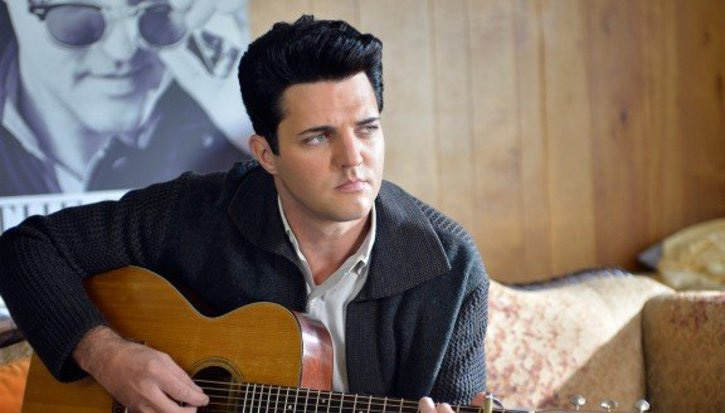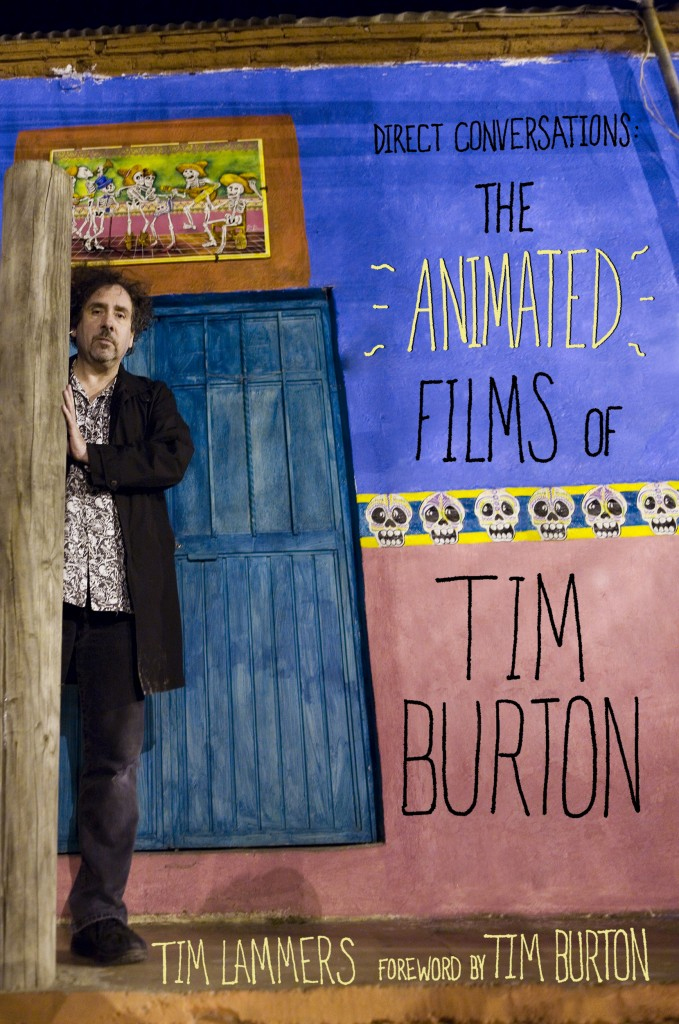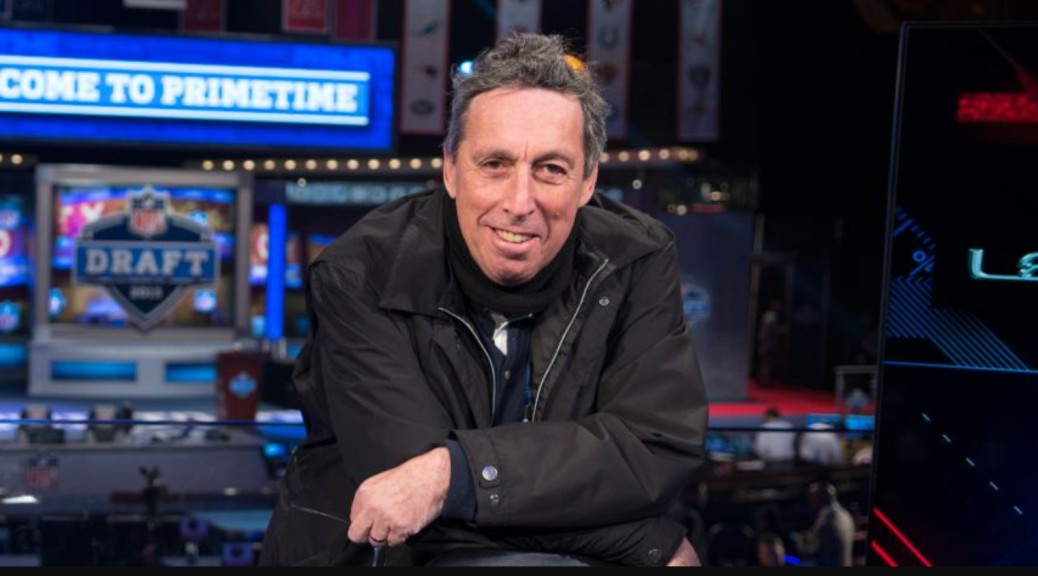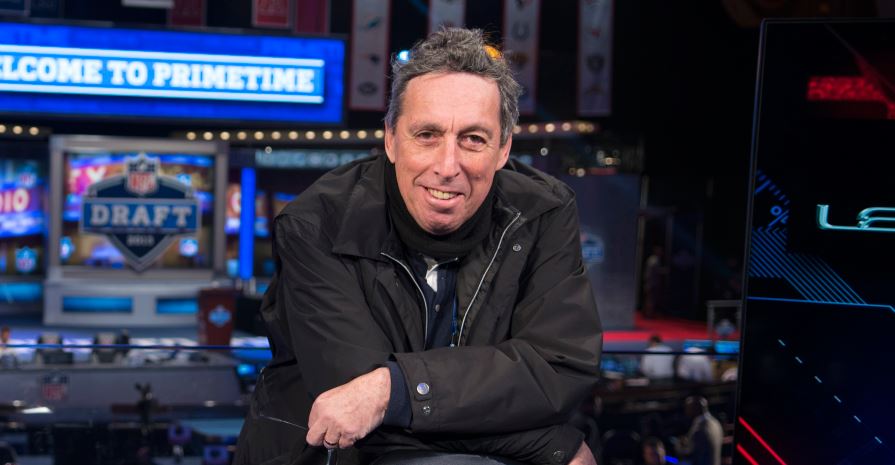The last time I talked with Oscar-winning filmmaker and actor Kevin Costner was for the political satire “Swing Vote,” which was easily one of the most underrated movies in 2008. Costner not only brought heart and passion to the role of a regular Joe who was about to cast the one vote that could decide the winner of a dead-even presidential election, but he also invested his own money in the project as one of the film’s producers to see his vision through.
More than six years later, Costner has brought another impassioned project to the big screen with “Black or White,” a film that takes on, in a brutally honest way, the touchy subject of race relations as a white man and black woman vie for custody of their mixed-race granddaughter. Like “Swing Vote,” Costner felt so strongly about the narrative of “Black or White” that he dipped into his bank account again — this time to the reported tune of $9 million — to make sure the film got made.
“I really couldn’t turn my back on the film once I read the script,” Costner told me in a recent phone call from New York. “When I couldn’t get anybody else to make the film, I walked down the hall to my wife and said, ‘I have to share this story.’ I said, ‘We have to be really honest with it and not soften one word. Let’s just stay with it’ and that’s what we did.”
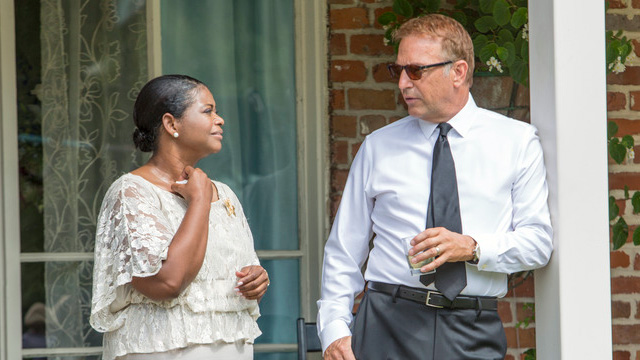
Opening in theaters nationwide on Friday, “Black or White” stars Costner as Elliot, a successful Los Angeles attorney struggling with the sudden death of his wife, Carol (Jennifer Ehle). Together the couple raised their late daughter’s young girl, Eloise (Jillian Estelle), but with Carol’s death and Elliot’s drinking problem, Eloise’s paternal grandmother, Rowena (Octavia Spencer), seeks full custody of the child.
Complicating matters is the re-emergence of Eloise’s recovering drug addicted father, Reggie (Andre Holland), who claims he is clean enough to take on parental responsibilities, and the implication by Rowena’s attorney brother, Jeremiah (Anthony Mackie), that Elliot is racist.
Given ongoing debate about race relations in the U.S., Costner said he was well aware of the hot-button issue he was about to press, but said the story of “Black or White” was too compelling to back away from.
“I felt the film had to be made because it felt so honest to me,” Costner said. “It felt like there were things in the script that a lot of people wanted to say and wish they could say, but don’t know how to actually articulate it. The film doesn’t pull a single punch. It’s not politically correct, but it’s not cruel. It’s actually warm. People who feel worn about by this race thing, I hope they see it. I’ve made a lot of different kinds of movies, so if I tell you I think everybody should see this, I really mean it.”
Among the subjects is something Costner believes will reverberate with audience members from the black community — a plea for a black man to stand up and take responsibility for his family instead of abandoning them and resorting to criminal activities. It comes in a compelling scene in which Jeremiah, even though he’s acting as his attorney, admonishes Reggie for his lifestyle and behavior.
“Anthony Mackie’s character really lays out his nephew with things he wanted to say as a person and for his own culture and for his own generation. He was saying, ‘Straighten up, man,'” Costner said.
Costner noted, however, that writer-director Mike Binder’s script was “even-handed,” and it required him to go to some uncomfortable places as an actor. Without question, one of the most daunting scenes came in courtroom testimony in which Elliot was forced to testify about some previous racial remarks.
“My character in that courtroom room says s— that made me think, ‘My God, I have to say this?'” Costner said. “It was a bit of miracle that it got made, and I do believe it has a chance to be a classic. I know that I was a different person after I read the screenplay, and I know, watching audiences, that people are different after seeing it.”
While Costner said he felt compelled to make the film after reading Binder’s script, the subject of race relations is something he’s wanted to put on the big screen for a long time.
“I grew up around race issues. It wasn’t around people who were angry, but people who used the N-word very casually,” said the California native, who turned 60 in mid-January. “Again, it wasn’t out anger, but more because of ignorance with jokes in the ’50s and ’60s. It’s no longer appropriate, which I’m glad to say. It’s concerned me how we’ve treated each other, so this movie goes right to the bone. Sometimes a movie can start a conversation, and this is important to me. I’ve learned a long time ago, if I treat something with importantly, chances are it will be taken that way.”
Costner well knows “Black or White” won’t be the be-all, end-all solution for race troubles in today’s society, he’s glad to have had the opportunity to make some sort of difference. Progress has been made over the years, he said, but he also believes society has a long way to go.
“My children know nothing about race, but that doesn’t mean the issues of people being marginalized and discriminated against aren’t happening every day as we speak,” Costner said. “Racism is alive and well, and we need to get hip to that. There’s progress being made, without a doubt, but there’s a whole group of people who don’t feel that. There’s a level of empathy that goes with that, but you can’t just snap your fingers and say, ‘Come on, pull yourself by your bootstraps and get over it.’ That’s a little bit unrealistic because the veil of being black in America is a heavy one.”
At the very least, Costner hopes ‘Black or White’ gives the issue more clarity as the country strives to move forward.
“We have to grow as a society. How do we do that? I don’t know. I’m not Solomon; I’m a filmmaker,” Costner said. “I thought if I were going to make a film that dealt with this, it needed to play it right to the bone.”
